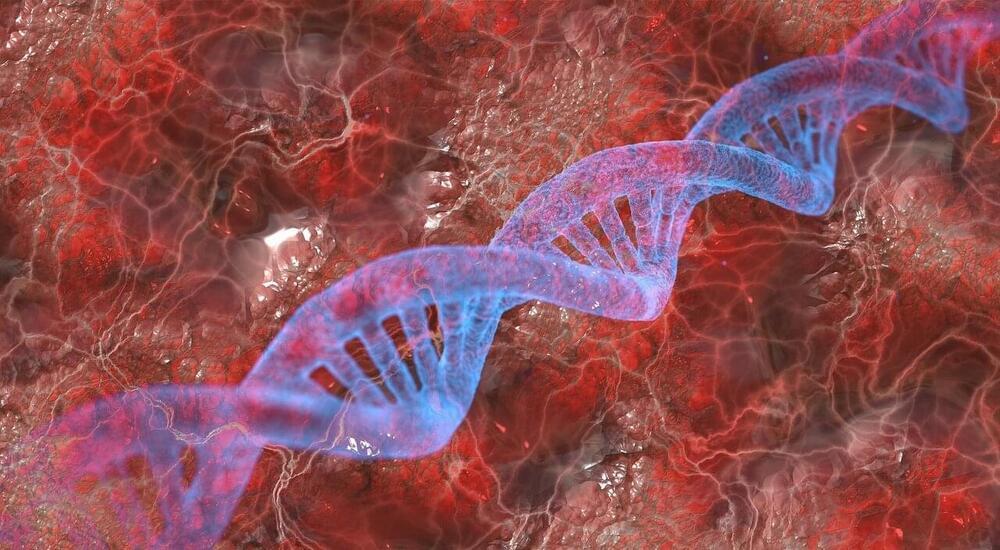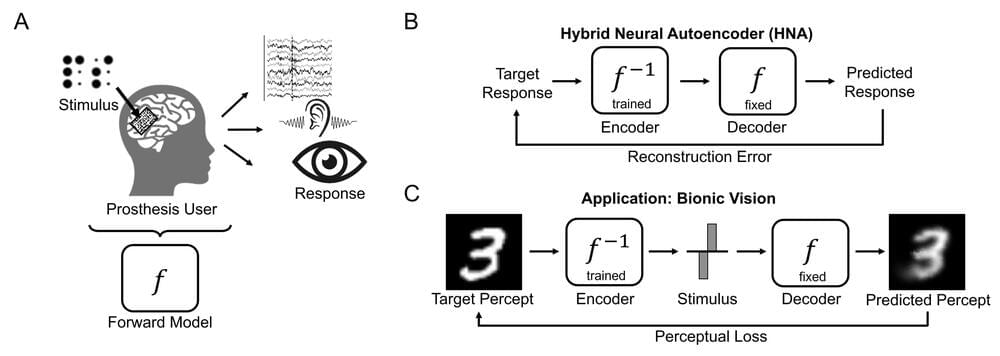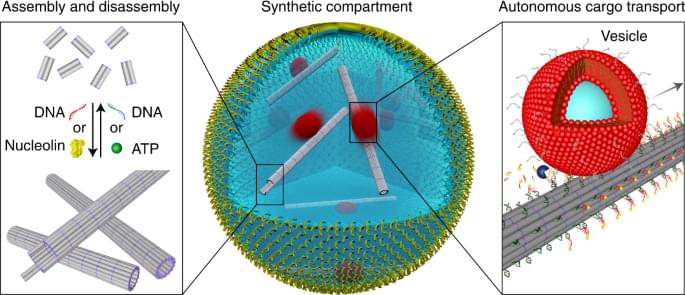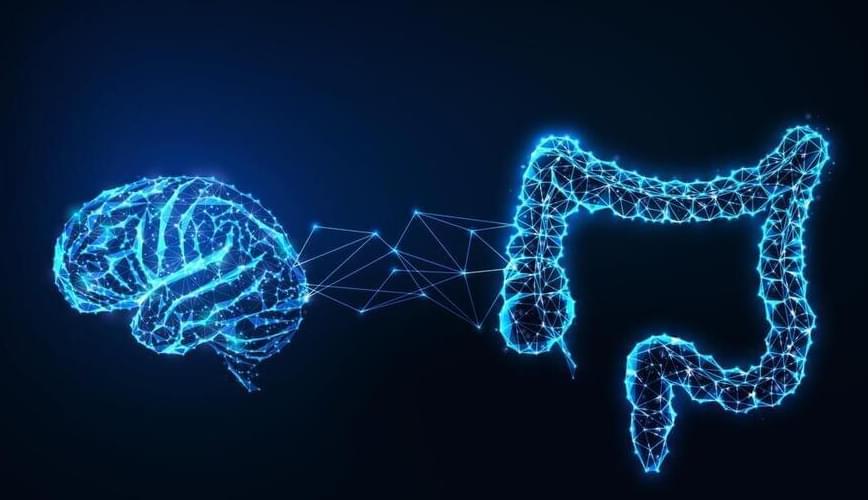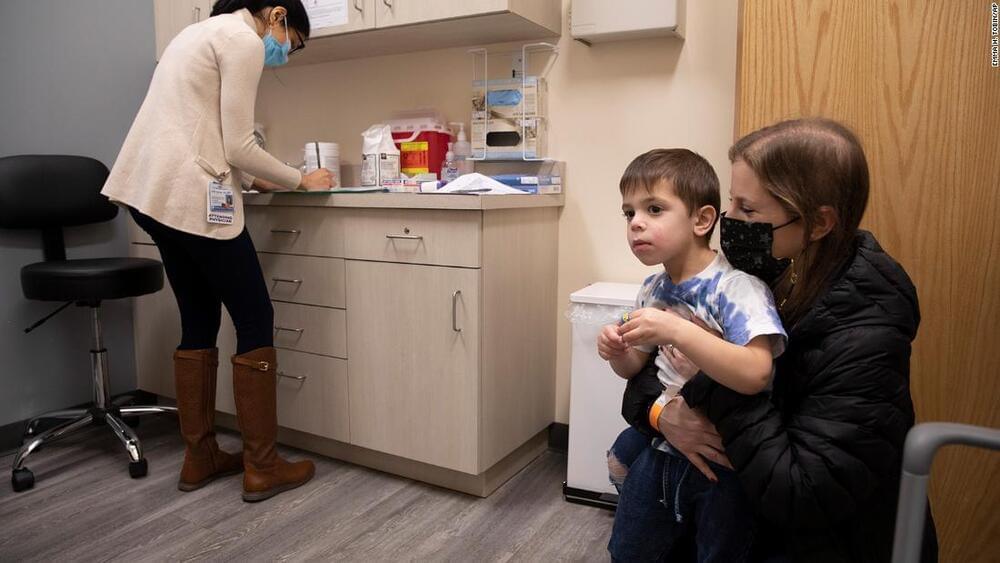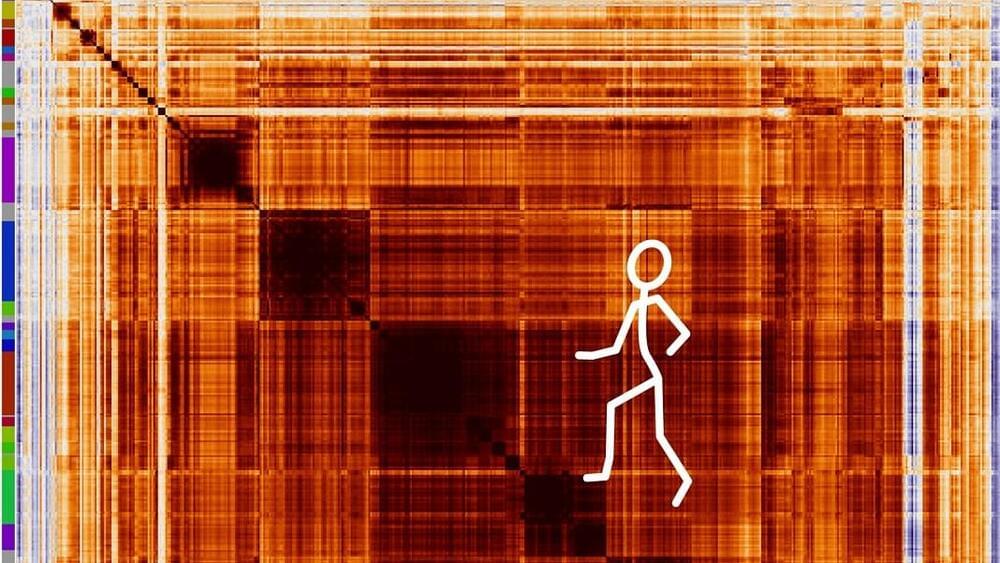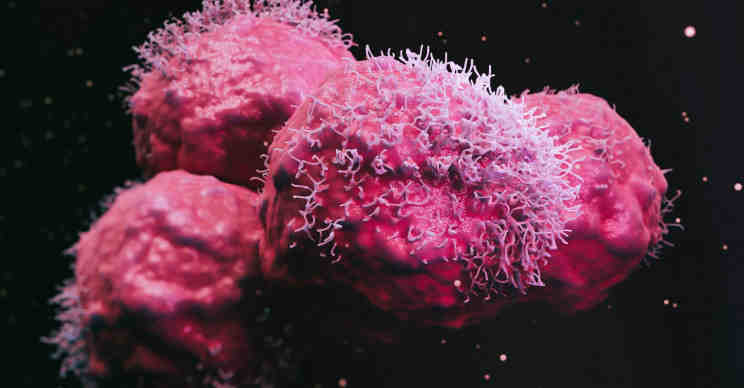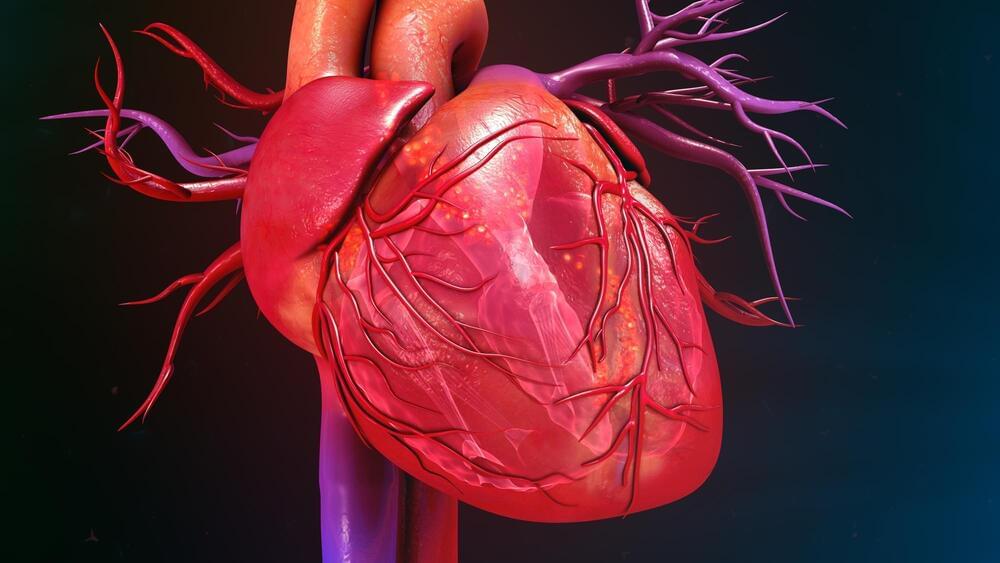DNA is the basis of life on earth. The function of DNA is to store all the genetic information an organism needs to develop, function and reproduce. It is essentially a biological instruction manual found in every cell. Biochemists at the University of Münster have now developed a strategy for controlling the biological functions of DNA with the aid of light. This enables researchers to better understand and control the processes that take place in the cell—for example, epigenetics, the key chemical change and regulatory lever in DNA. The results have been published in the journal Angewandte Chemie.
The cell’s functions depend on enzymes. Enzymes are proteins that carry out chemical reactions in the cell. They help to synthesize metabolic products, make copies of the DNA molecules, convert energy for the cell’s activities, change DNA epigenetically and break down certain molecules. A team of researchers headed by Prof. Andrea Rentmeister from the Institute of Biochemistry at the University of Münster used a so-called enzymatic cascade reaction to understand and track these functions better. This sequence of successive reaction steps involving different enzymes makes it possible to transfer so-called photocaging groups—chemical groups that can be removed by means of irradiation with light—to DNA. Previously, studies had shown that only small residues (small modifications such as methyl groups) could be transferred selectively to DNA, RNA (ribonucleic acid) or proteins.
“As a result of our work, it is now possible to transfer larger residues or modifications such as the photocaging groups just mentioned,” explains Nils Klöcker, one of the lead authors of the study and a Ph.D. student at the Institute of Biochemistry. Working together with structural biologist Prof. Daniel Kümmel, who also works at the Institute of Biochemistry, it was also possible to explain the basis for the changed activity at a molecular level.
